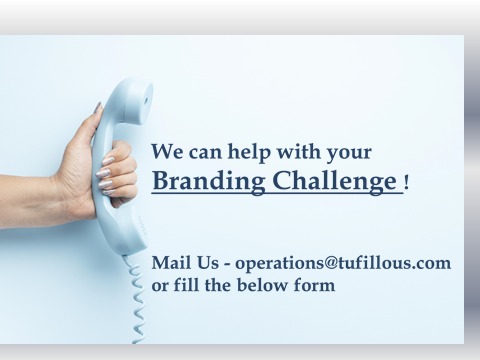Are you a part of B2B company? Are you Branding and marketing your product B2C way?
Do you know that most of the Digital Marketing Consultant or Social Media Consultant does not understand difference in B2B Branding strategies and B2B marketing strategies?
Marketing strategies vary significantly between Business-to-Business (B2B) and Business-to-Consumer (B2C) contexts. Understanding these differences is crucial for crafting effective marketing plans for each type of audience.
- Target Audience
The target audience comprises businesses, including decision-makers such as executives, managers, and procurement officers. These individuals are looking for solutions that enhance efficiency, reduce costs, or improve performance. While B2C focuses on individual consumers who make purchasing decisions based on personal needs, preferences, and desires.
- Decision-Making Process
The decision-making process is often longer and more complex, involving multiple stakeholders and detailed evaluation of ROI (Return on Investment). Relationships and trust play a significant role. On the other hand B2C Decisions are usually quicker and often influenced by emotions, brand perception, and immediate needs.
- Marketing Strategies
- B2B:
- Content Marketing: Emphasis on in-depth, informative content such as white papers, case studies, eBooks, webinars, and industry reports to establish authority and provide value.
- Relationship Building: Networking, attending industry events, and nurturing leads through email marketing and personalized communication.
- SEO and SEM: Focus on targeted keywords relevant to industry-specific terms.
- LinkedIn and Professional Networks: Utilize professional social networks for lead generation and engagement.
- B2C:
- Emotional Appeals: Marketing messages that connect with consumers on an emotional level, using storytelling and lifestyle branding.
- Social Media Marketing: Broad use of platforms like Facebook, Instagram, TikTok, and Twitter to engage with consumers directly.
- Advertising: Heavy use of digital advertising, influencer partnerships, and promotional campaigns.
- SEO and SEM: Use of more general keywords with a broader appeal.
- Sales Cycle
B2B product has longer sales cycles, often months or even years, due to the higher stakes and the need for thorough evaluation. While B2C has shorter sales cycles, ranging from minutes to days, influenced by consumer behavior and market trends.
- Pricing Strategy
B2B Pricing is often customized and negotiated, with volume discounts and long-term contracts being common B2C Pricing is typically fixed and public, with occasional discounts, sales, and promotions.
- Brand Loyalty
B2B: Brand loyalty is built on trust, reliability, and long-term relationships. A satisfied customer can lead to repeat business and referrals.B2C: Brand loyalty can be influenced by product quality, customer service, and emotional connection. Loyalty programs and consistent brand experiences play a key role.
Understanding these distinctions helps businesses tailor their marketing efforts to better meet the needs of their specific audiences, whether they’re selling to other businesses or directly to consumers.
Operations@tufillous.com, Or drop a whatsapp message — 9075095241

